اس مہینے, ناظرین اسکرین کرسکتے ہیں یوکون کنگز, from Director Emmanuel Vaughan-Lee, سیارے کلاس روم نیٹ ورک پر. This film is curated for Planet Classroom Network by Global Oneness Project.
Set in the remote Alaskan Yukon Delta, Vaughan-Lee’s documentary follows the story of Yup’ik fisherman Ray Waska as he teaches his grandkids how to fish during the summer salmon run. Ray holds onto the hope that his grandsons will one day pass on this traditional knowledge to their own children. دریں اثنا, environmental and cultural forces are threatening the fisherman’s subsistence and his community’s way of life as the salmon fish stocks in their waters are diminishing.
The Yukon River is home to the longest salmon migration in the world. Salmon provide key dietary and cultural support for over forty-two rural Alaskan villages. Serena ‘Cuucitcuar’ Fitka is Yup’ik and grew up in St. Mary’s, Alaska. She is the Executive Director of Yukon River Drainage Fisheries Association (YRDFA). YRDFA represents village fishers at important state, federal and international decision making tables, working to document and utilize Traditional Ecological Knowledge in fisheries management and strengthen the long-term economic viability and sustainability of Yukon River communities.
تعلیم کے لئے گلوبل تلاش is pleased to welcome Serena Fitka.
Serena, یوکون کنگز was released in 2013. Vaughan-Lee’s film tells the story of Ray Waska who teaches his grandkids how to fish during the summer salmon run in the hope that his grandsons will one day pass on the traditional knowledge to their children. As you watch the film, what thoughts or emotions do you have about Waska and about the situation since this film was made?
I love this film. Since I saw یوکون کنگز a few years ago, I’ve been sharing it on my Facebook page. In the last couple of years, I’ve watched it several times and this overwhelming sadness takes over me. I think of my 3 daughters; especially my eldest, Hali, who is 13 پرانے سال. When she was 7, we sat at the dinner table in Anchorage eating half dried and smoked king salmon with seal oil that we prepared that summer. Her pure enjoyment of savoring each bite made me feel proud. Proud that my children are enjoying our traditional foods. Midway through her meal she said, “Mom, when I grow up and I have kids and my kids have kids, I’m going to teach them how to cut fish so they can enjoy eating fish just as we are now.” I couldn’t be more proud, but what lingered in the back of my mind, as she continued to eat her king salmon, was I hope there will be salmon for her and her grandchildren to eat.
What is being done by government and environmental groups to help the Yukon situation? What else needs to be done?
Research funding has increased to get the genetic composition of intercept fisheries in the Bering Sea and Alaska Peninsula Area M, but these actions do not do anything immediately. We are at a critical point where every salmon that enters the Yukon River needs to make it to the spawning grounds. We have participated on the North Pacific Fishery Management Council and requested an Emergency Order from the Alaska Department of Fish and Game with no immediate action taken. The Yukon River Drainage Fisheries Association coordinated efforts with other fishery organizations in Western Alaska to have a sit down meeting with the Governor of Alaska to express our concerns. This meeting is to take place on August 29, 2022 میں 10:00 a.m. We hope for a more proactive approach for next year in regards to protecting the salmon runs migrating to Western Alaska and more importantly the Yukon River.
For educators and youth audiences reading this interview, what do you suggest they can do to help the Yukon?
Youth have such a powerful voice when it comes to the protection of natural resources. My suggestion is to engage and learn about the many cultures we are surrounded by. As an indigenous person, sometimes it is hard for me to explain the importance of our foods because it not only provides us with nutrients but also our cultural well being. We learn from our elders about the currents of the water, what the winds will carry, and how to take care of those who take care of us. The respect and responsibility is handed to us generation by generation, with every fish that is cut, smoked and stored away for the winter. Once you have the knowledge to walk side by side with the land and water, you can speak up for them. Your voice can be used and turn the heads of those who make the decisions in the management of our resources.
When you look into the future, کا کہنا ہے کہ 10 سال اب سے, what are your hopes and dreams for the Yukon River and the people who rely on it to live?
My hopes and dreams for the Yukon River and the people are to be able to harvest King Salmon again. I want to see the fish racks full, families at fish camps, and our children learning from their elders.
C.M. Rubin and Serena Fitka
مت چھوڑیں یوکون کنگز, from Director Emmanuel Vaughan-Lee, اب سیارہ کلاس روم نیٹ ورک پر اسکریننگ۔. This film is curated for Planet Classroom Network by Global Oneness Project.

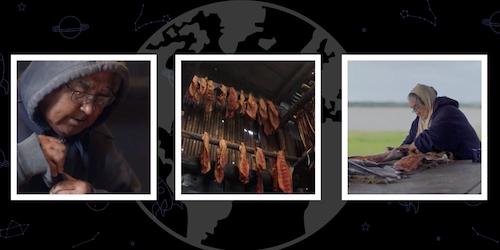
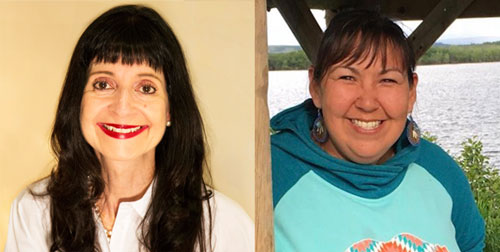
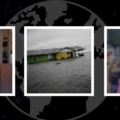
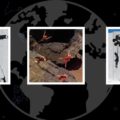
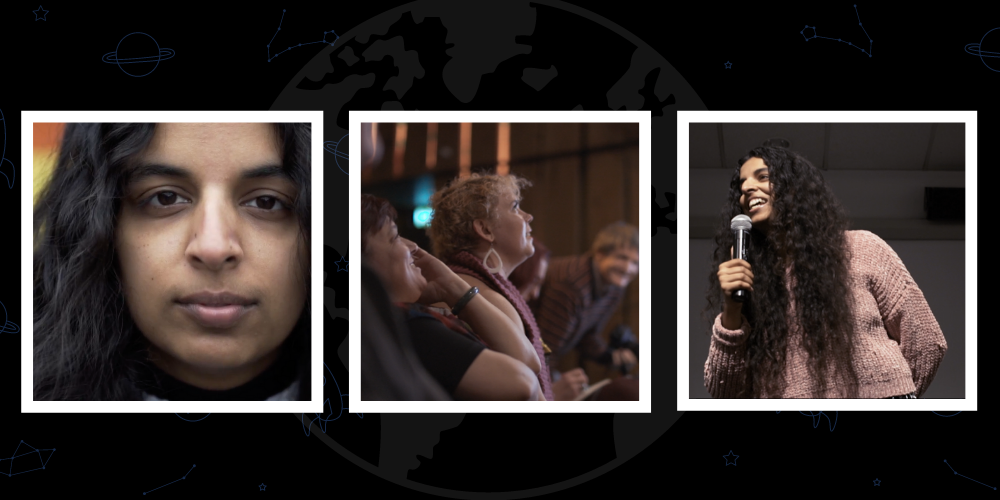
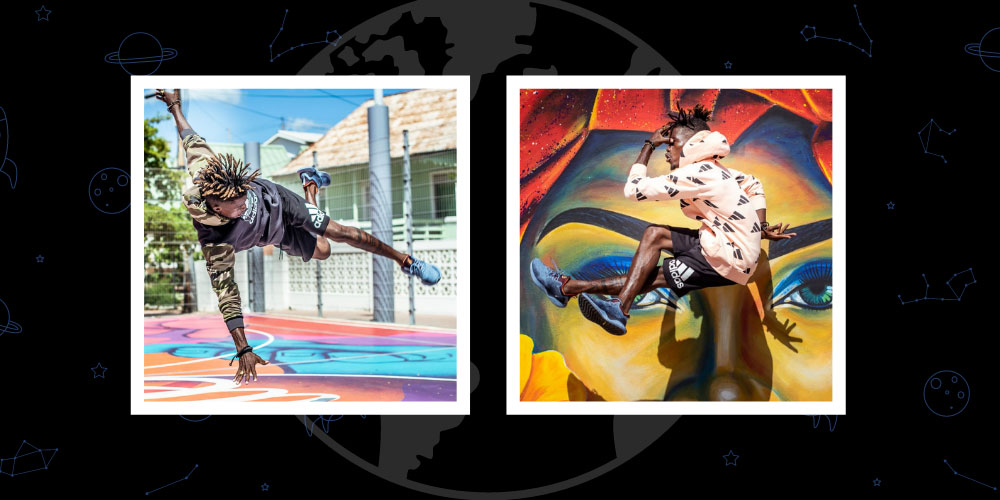
حالیہ تبصرے